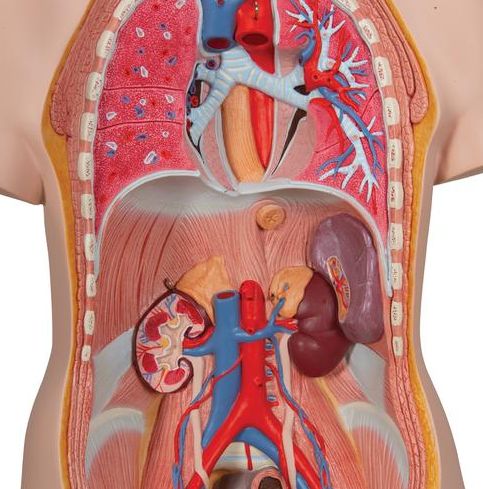قراءة لمدة 1 دقيقة IS PATH WARM?

IS PATH WARM? is an acronym used as a mnemonic device.
It was created to help counselors and the general public "remember the warning signs of suicide.
"
How good it is at predicting.
Psychiatric literature has mixed reviews of the value of the mnemonic.
Several studies have found that some of the warning signs are associated with having thoughts about suicide.
A study compared 215 postings on an online "suicide forum" with 94 postings on a "self-injury forum".
They found that posters in the 'suicide forum' were more likely than those in the 'self-injury forum' to express thoughts about suicide, purposelessness, feeling trapped, and social withdrawal.
The comparison also found that this is not true for recklessness, people in the self-injury forum were more likely to be reckless.
The study said that individuals who show "IS PATH WARM" warning signs were more likely to have suicidal ideation.
Psychiatric lierature has also been critical about the value of the mnemonic for predicing suicidal "behavior.
" A whitepaper done for the United States Fire Service's "Suicide and Depression Summit said that the acronym may not be as useful, because it is not very specific, or sensitive.
" A 2011 study was also critical of "IS PATH WARM"'s validity, finding that none of the ten warning signs were able to predict completed suicides.
According to a review of school-based suicide prevention, an additional concern is that the IS PATH WARM warning signs were based on risk factors for suicide that appear across the lifespan.
There is no independent review for youth suicides.
For this reason, the acronym's value in predicting suicidal behavior in children is uncertain.
Using it to educate.
One of the aims of creating the acronym was to help the general public learn and see the warning signs of suicide.
The Society's "IS PATH WARM" webpage explains:
"These warning signs were compiled by a task force of expert clinical-researchers and 'translated' for the general public.
"
"IS PATH WARM?" has widely been used to educate people.
It is included in many materials about preventing suicides.
Sources include the Substance Abuse and Mental Health Services Administration's National Suicide Prevention Lifeline; the Canadian Association for Suicide Prevention; the New York State Department of Correctional Services Training Academy; and the United States Navy, among many others.













































